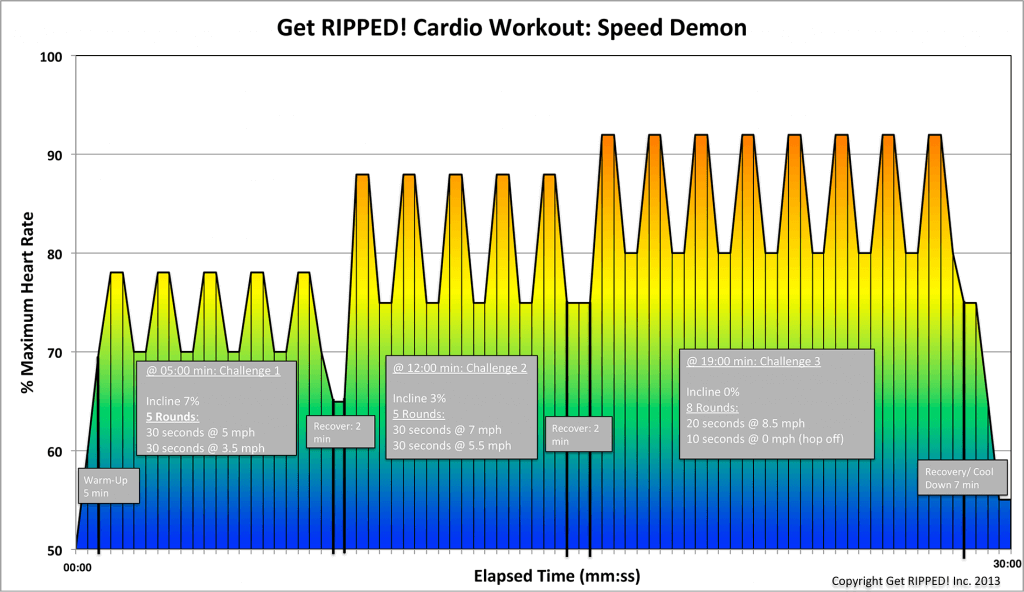Fitness Tips, Nutrition
Can Exercise Really Lift My Mood?
Everyone has those days when they feel down and only want to lay in bed with the covers over their head. Avoiding the world can seem like a good idea, but it won’t lift your mood. Instead, getting out of bed, showering, and getting dressed is the first step to feeling better. If it’s not enough, exercising can help. Exercise stimulates blood flow and triggers the release of hormones that make you feel better.
Exercise helps with depression and anxiety.
Mental health providers now use exercise as an adjunct therapy for people with chronic depression and anxiety. People intuitively know this. You see it when people are anxious about something. They pace and move about to help relieve that stress. Mental health professionals found that regular exercise can bring relief from chronic depression and anxiety. Walking for half an hour every other day can bring more relief than some medications without any negative side effects. It even helps people sleep more soundly, which also helps relieve depression and anxiety.
Stress hormones can cause heart palpitations, high blood pressure, and other changes.
When you’re under stress, it triggers the fight or flight response. It causes the body to release hormones that increase your heart rate, divert your blood flow to your limbs, and raise your blood pressure to prepare for fighting or running. Early man survived because of this response. Today, stressors can include traffic jams or a screaming boss. Running or fighting is not an option. Those changes remain and ultimately lead to a foul mood. Running and exercising burn off those hormones and return all systems to normal.
Exercise increases circulation.
When you exercise, you breathe deeper, and blood circulation increases. It sends oxygen and nutrient-dense blood to all parts of the body. It helps clear the brain and makes you feel better. When you feel better physically, you feel better emotionally. Exercise can increase your energy to help drive away the blues. It stimulates the production of hormones that make you feel better emotionally. They’re natural pain relievers that lift your spirits.
- You don’t have to sweat to get the benefits of exercise. Sometimes, getting up and moving is all it takes to improve your mood. Going for a walk, bike ride, or doing a few calisthenics helps almost immediately.
- Exercise increases BDNF— brain-derived neurotrophic factor. It protects the brain, repairs memory neurons, and allows the brain to reboot. That can break the loop of negative thinking.
- Exercise can increase the beneficial microbes in the gut. They directly affect your mood by sending signals to the brain and affecting the vagus nerve.
- Exercise increases serotonin. Serotonin is a hormone that regulates your appetite and helps you sleep. It also boosts the growth of neurons by increasing BDNF. Getting adequate quality sleep does a lot to improve your mood.
For more information, contact us today at Get RIPPED! by Jari Love


